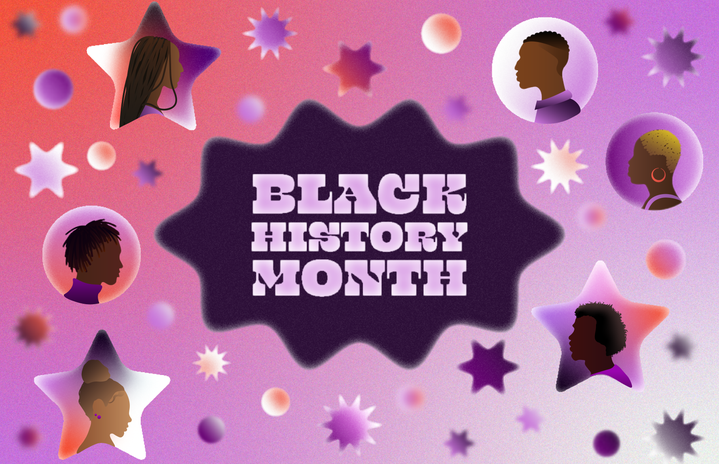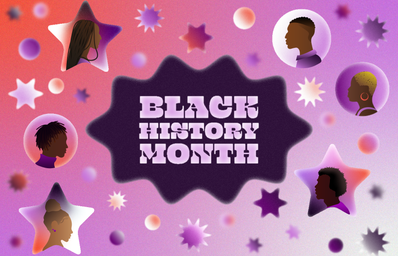In 2021, the term “self-care” is often thrown around as a remedy for the several physical and emotional obstacles we face on a daily basis. From going on a walk, to journaling, to grabbing some friends and going out to dinner, anything that allows us to move away from the turmoil of everyday life—especially during a pandemic— can be considered self-care. The phenomenon of self-care has become a multi-billion dollar industry that has gained momentum in recent years. However, self-care began as a practice during the Civil Rights Era. The mainstream media and advertisements for self-care continue to make invisible the idea that the self-care movement actually started as a political act to reclaim autonomy over one’s body and health.
At its core, the self-care movement started as a way to correct the negligence of a vastly white and patriarchal medical system. Throughout history, the medical field has perceived the white, male experience as the normal health experience which has contributed to both racial and gender health disparities in the modern healthcare system. This discrepancy is not the fault of a few but rather, it is perpetuated by systemic racism within the medical institution.
What is now called “self-care” was once known as survival programs for Black Americans. These programs created health care facilities, education programs and helped combat food insecurity. The Black Panther Party established these initiatives because they understood the barriers of systemic racism which motivated them to take care of themselves. These projects fostered a sense of community that highlighted the needs of the individual. In light of Black History Appreciation Month, it is important to recognize and celebrate the impact of Black leaders in the self-care movement—a movement that has also become commercialized to focus on the needs of white individuals. Black Panther leaders such as Angela Davis and Ericka Huggins worked to push the movement forward by emphasizing the holistic needs of the Black community. Other activists such as Audre Lorde, highlighted her intersecting identities with being female, Black and a member of the LGBTQ+ community, through essays and poems praising the importance of self-care.

The survival programs started by the Black Panther Party inspired women’s rights activists and later motivated women to join the self-care movement. With the long-standing history of inattention to female medical issues, namely reproductive, the self-care movement gave women the opportunity to take care of their basic needs. By setting up health clinics that focused on the needs of women, people of color, and people suffering from poverty, the Black Panther Party and the self-care movement quite literally helped people survive. However, the United States government saw this as an act of rebellion, to which Audre Lorde offers, “Caring for myself is not self-indulgence, it is self-preservation, and that is an act of political warfare.”
We must address both the history of the self-care movement and the historical injustices committed by the U.S. government as well as their contempt for this movement and the Black Panther Party. The portrayal of this movement and the group that inspired it left the self-care movement vulnerable to be taken over by white corporations — making self care less accessible to those it was originally created for. The real message behind this movement is not to splurge on name-brand beauty products for a “self-care” night. Rather, the reality is that self-care is intended to make you a better, more holistic self for the rest of society. By understanding the race, gender and class dynamics behind self-care, we are able to properly celebrate the movement and ourselves. Whether self-care means going on a walk with a friend, spending time alone, or seeking out help, it is intended to serve you.



